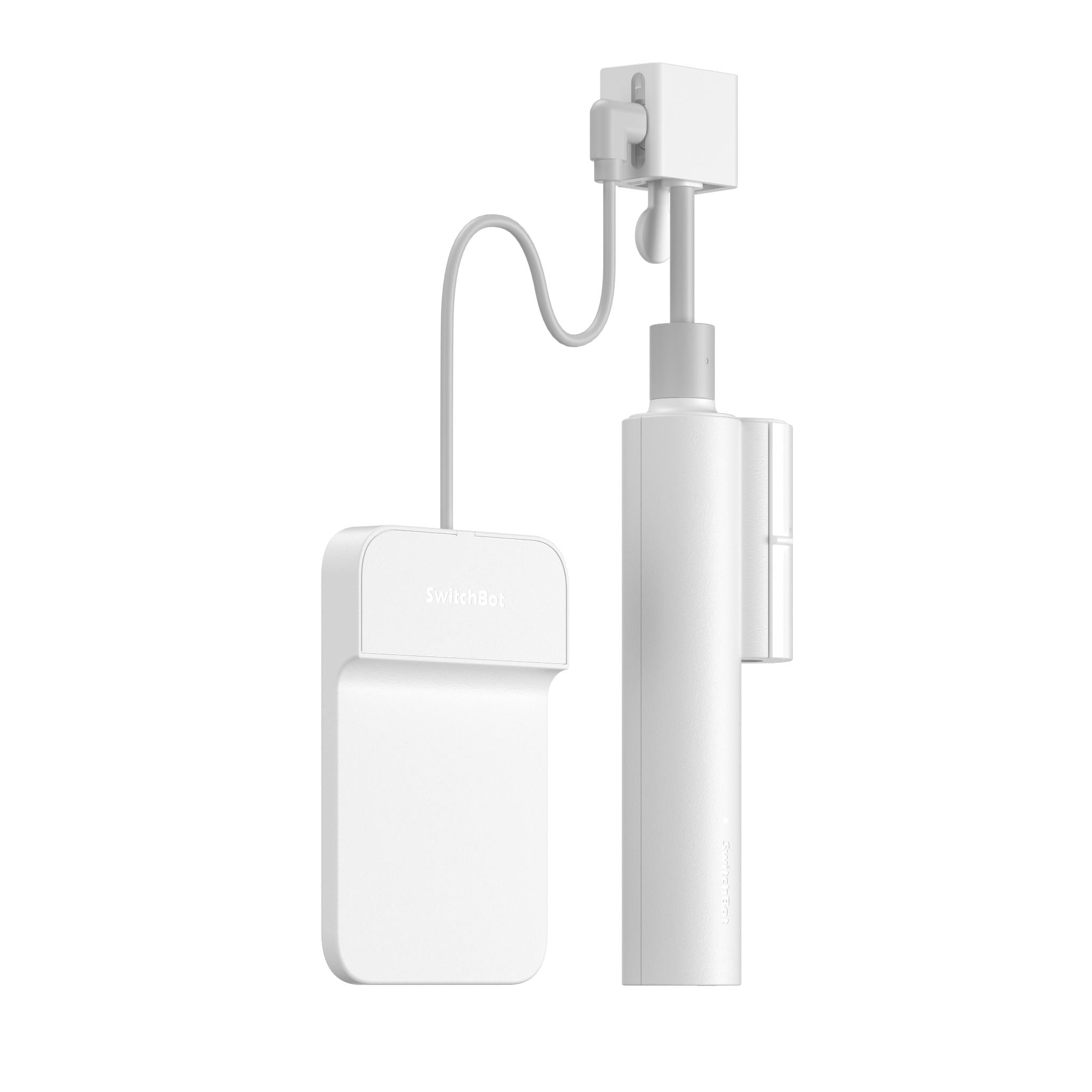The Rise of Electric Blinds in Home Automation
Corps
Home automation has revolutionized the way we interact with our living spaces, and one of the most exciting developments in this field is the rise of electric blinds. These innovative window coverings are transforming the way we control light, privacy, and energy efficiency in our homes. In this article, we will explore the growing popularity of electric blinds and their impact on modern home automation.

Convenience and Control
One of the key drivers behind the surge in electric blinds' popularity is the unparalleled convenience and control they offer. With the touch of a button or a voice command, homeowners can effortlessly adjust their blinds to achieve the perfect lighting and privacy levels. This level of control was previously unimaginable with traditional manual blinds, and it has significantly enhanced the overall home automation experience.
Furthermore, the integration of electric blinds with smart home systems allows for automated scheduling based on time of day, weather conditions, or even the position of the sun. This level of customization ensures that homeowners can optimize their use of natural light and minimize energy consumption, all with minimal effort.
Enhanced Energy Efficiency
Electric blinds play a crucial role in improving a home's energy efficiency. By automatically adjusting to block out direct sunlight during the hottest parts of the day or allowing sunlight to enter during colder periods, these blinds help regulate indoor temperatures and reduce the reliance on heating and cooling systems. This not only leads to lower energy bills but also contributes to a more sustainable and environmentally friendly lifestyle.
Additionally, the seamless integration of electric blinds with smart thermostats and lighting systems enables a holistic approach to energy management within the home. This interconnected ecosystem ensures that all aspects of energy usage work in harmony to create an optimized and efficient living environment.
Customization and Style
Another aspect driving the adoption of electric blinds is the wide range of customization options and styles available. From different materials and colors to various opacity levels, homeowners can tailor their electric blinds to complement their interior design and personal preferences. This level of customization adds a new dimension to home decor, allowing for a seamless integration of technology and style.
Furthermore, the ability to synchronize electric blinds with other smart devices, such as voice assistants and mobile apps, enhances the overall aesthetic and functionality of the home. This level of integration ensures that electric blinds are not just a practical addition but also a stylish and sophisticated element of modern home automation.
Future Outlook
The rise of electric blinds in home automation represents a significant shift in how we interact with our living spaces. As technology continues to advance, we can expect even more seamless integration, enhanced customization, and improved energy efficiency in the realm of electric blinds. Furthermore, as the demand for smart home solutions grows, electric blinds are poised to become an essential component of modern living.
In conclusion, the rise of electric blinds in home automation is reshaping the way we think about window coverings and their role in creating a comfortable, efficient, and stylish home environment. With their convenience, energy efficiency, and customization options, electric blinds are at the forefront of the smart home revolution, offering a glimpse into the future of modern living.









commentaires